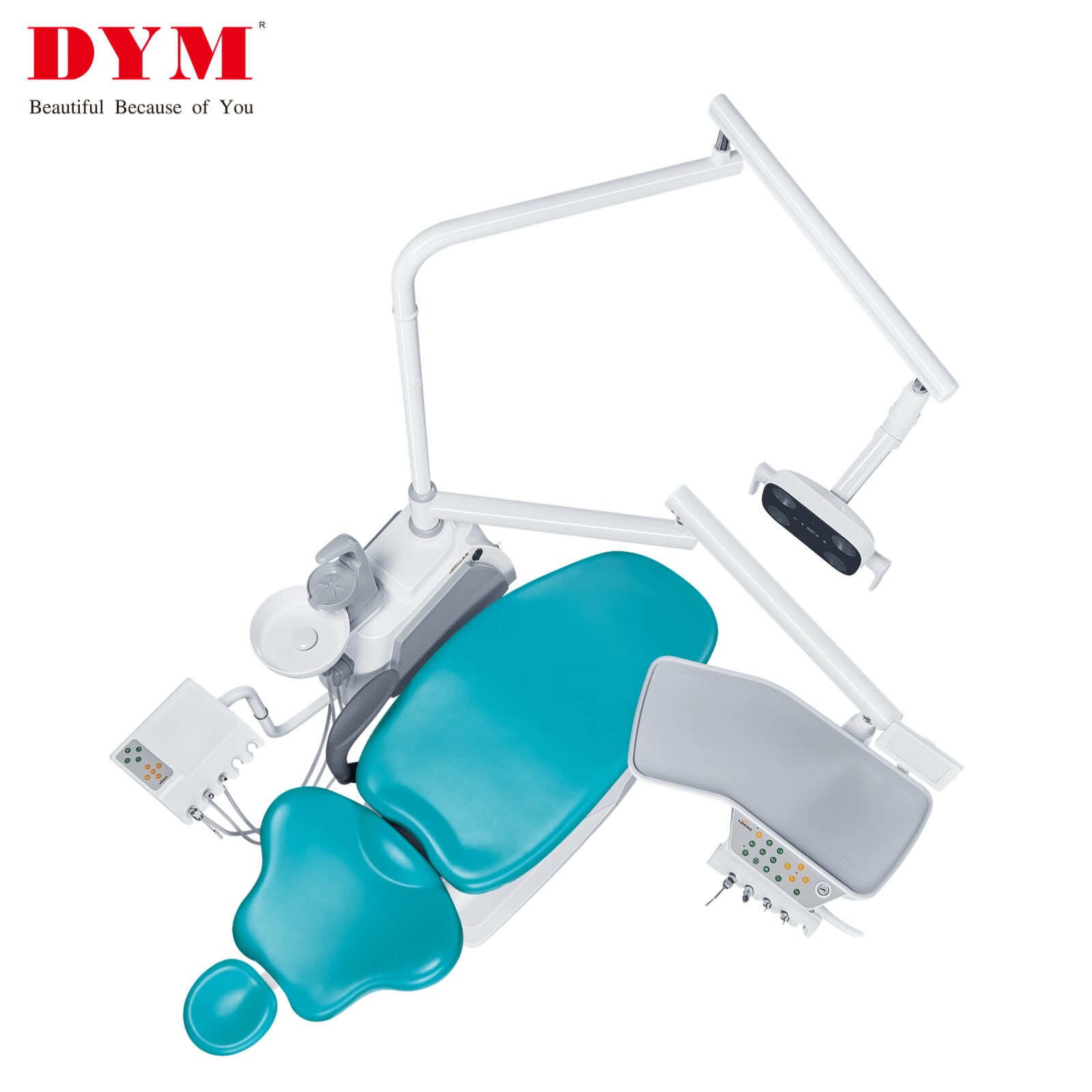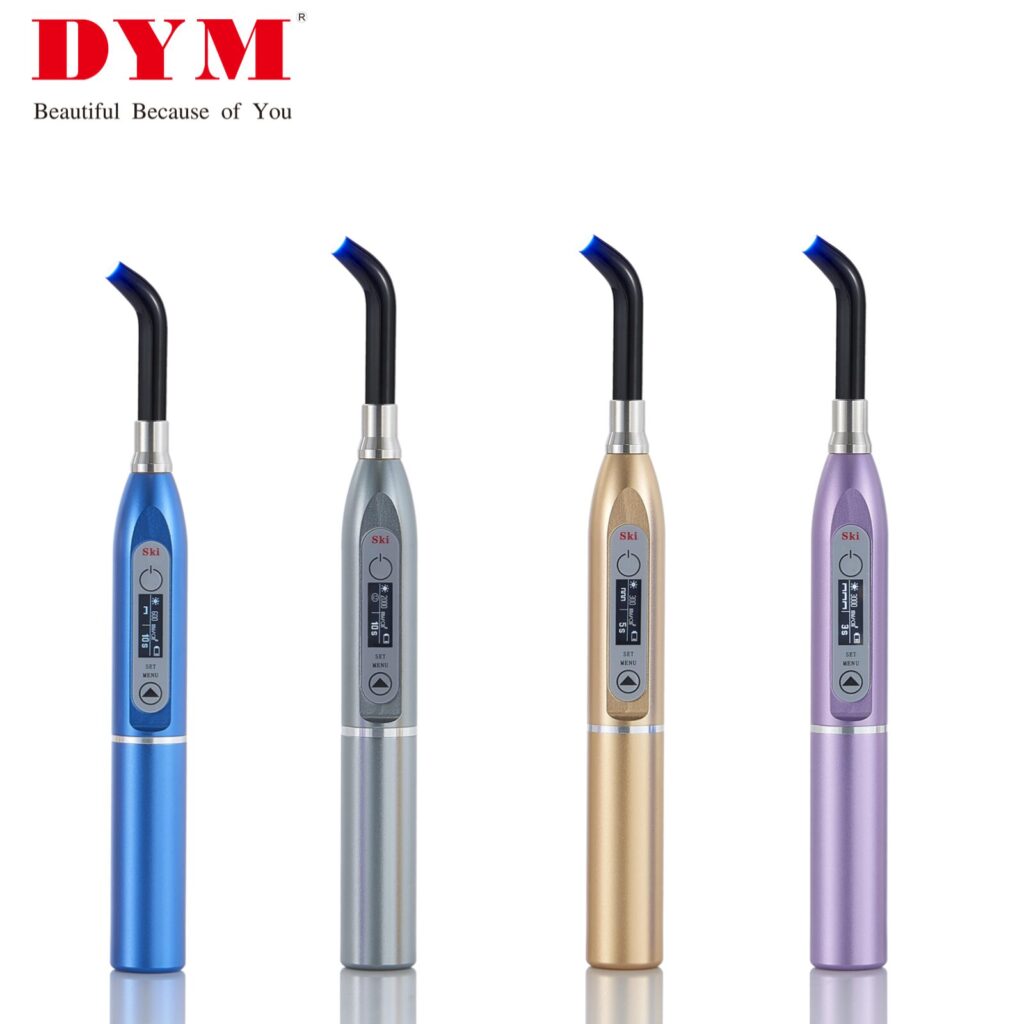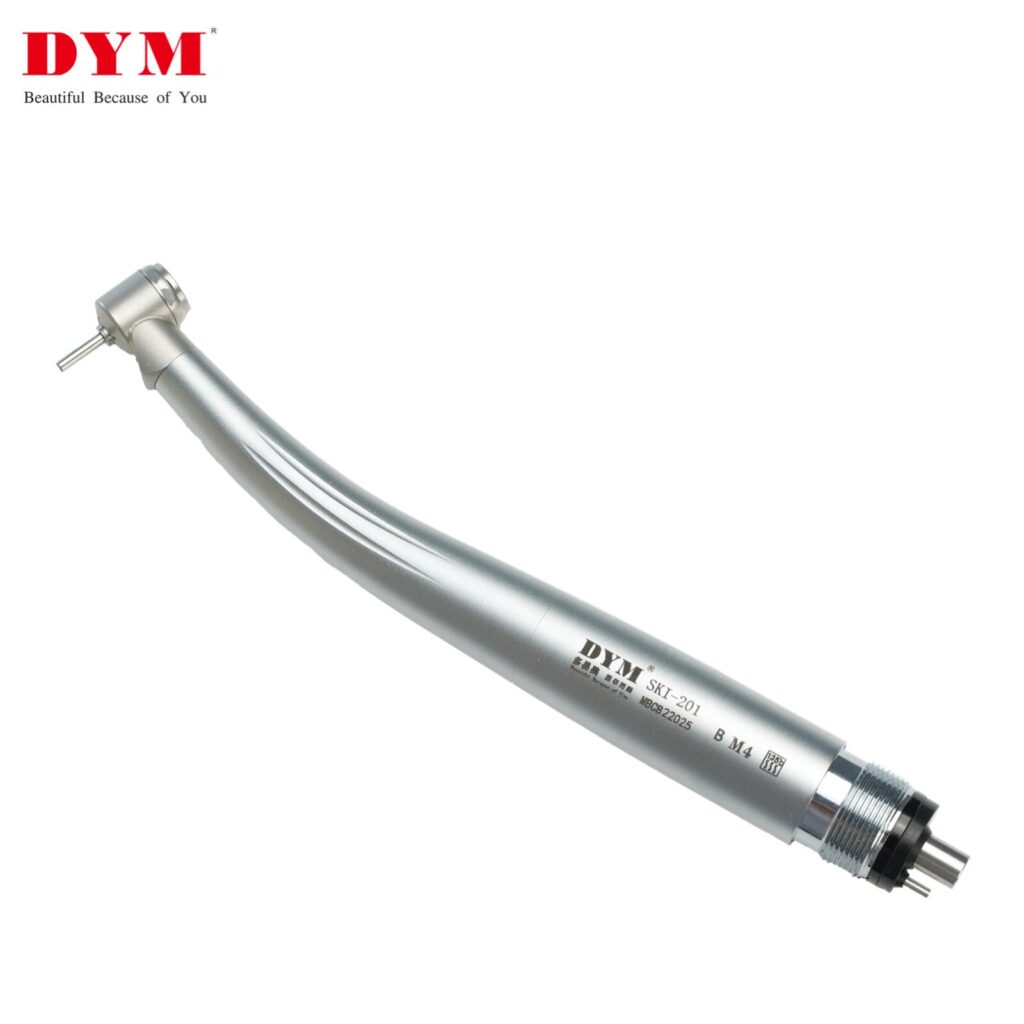Ask For A Quick Quote
We will contact you within 1 working day, please pay attention to the email with the suffix “@fsdym.com”.
We will contact you within 1 working day, please pay attention to the email with the suffix “@fsdym.com”.

Let’s start with population and dietary habits. By mid-2025, Japan’s population will be approximately 123 million, a decrease of 0.52% annually. The elderly population is particularly high, with those aged 65 and over accounting for over 28%. This rapid population decline and increasing aging have led to a growing demand for dental treatments for the elderly, such as dental implants and dentures. These devices must be both user-friendly and safe. Foshan DYMya, a Chinese company, specializes in manufacturing mid- to high-end dental equipment. Their dental chairs feature intelligent pressure sensors and smooth adjustment, perfectly suited to this situation.

Dietary habits also have a significant impact on the oral cavity. Japanese people often consume soft foods like sushi, sashimi, and tofu. This lack of chewing can lead to poor gum growth, leading to crooked teeth and cavities. Snacks and beverages high in sugar, as well as pickled vegetables, barbecued meats, and other harmful foods, increase the risk of cavities and oral cancer. Furthermore, acidic foods like sushi vinegar and carbonated drinks, when in contact with teeth, can erode tooth enamel and accelerate tooth decay. These issues lead to more frequent use of clinic equipment. The rust-resistant materials and disinfectant-resistant contact surfaces used in DYM dental chairs are perfectly suited to the daily disinfection requirements of clinics.
Let’s consider the dental industry. Japan has approximately 68,000 dental clinics, over 75% of which are privately owned. These clinics are densely distributed, with one or two located approximately every 500 meters. In major cities like Tokyo and Osaka, there are even more clinics, leading to fierce competition. Many small clinics, operating less than 50 square meters, prefer equipment that offers a compact footprint and comprehensive functionality. DYM dental chairs, with a minimum footprint of only 1.8 square meters and a digital control panel for connecting to other equipment, are exactly what they desire.
Several major dental chains are also worth discussing. Zhenxinhui Dental Medical Group, which had 225 franchised clinics by July 2024 and generated 23 billion yen in revenue in 2023, primarily specializes in family preventive dentistry. Smaller clinics value the equipment’s value for money. DYM’s prices are 20% to 30% lower than those of European and American brands, along with a longer warranty, making it a potential partner. Chiga Dental has 19 branches, operates year-round, and offers affordable prices, which aligns with DYM’s business strategy. Baochihui, the second-largest chain, has 21 branches and generates 8 billion yen in annual revenue. They provide basic treatments and demand high equipment reliability. DYM’s dental chairs, with core components sourced from Germany, have a failure rate 30% lower than the industry average, meeting demand.

In terms of dental equipment imports, the Japanese market is expected to reach approximately $5.8 billion in 2024 and $7.32 billion in 2029, a 4.75% annual increase. Imports primarily come from Germany, Switzerland, and the United States, accounting for over 60%. In the first two months of 2024, China exported 51.23 million RMB worth of equipment to Japan, and the annual total is expected to exceed 400 million RMB. DYM, a major Chinese exporter, has obtained CE certification and is currently testing materials for compliance with Japanese standards. In 2023, it also participated in 15 international exhibitions in preparation for entering the Japanese market.
To enter the Japanese market, dental equipment must pass PMDA certification. Most dental equipment is Category II, requiring ISO 13485 certification, clinical data, and technical documentation. Oral contact materials must also comply with Japanese safety standards. DYM already has some certifications and is preparing for others. We are also seeking local Japanese agents to assist with the application process, and certification takes approximately 6 to 12 months.
Dental equipment development trends include: first, digitalization, with the increasing use of 3D printing and CAD/CAM technologies. DYM dental chairs’ digital panels can connect to these devices, keeping pace with this trend. Second, intelligence. AI-assisted diagnosis and networked dental chairs can improve efficiency, and DYM is also developing networked systems.

Among market drivers, the demand for dental implants among the elderly is increasing by over 8% annually. DYM dental chairs offer smooth adjustment and pressure sensing, making them more comfortable. Younger people are also increasingly interested in teeth whitening and invisible braces. DYM’s minimalist dental chair designs may appeal to them. Furthermore, Japan’s domestic production of high-end equipment is limited, relying on imports. DYM’s cost-effectiveness suggests opportunities in the basic equipment market. At this year’s South China Dental Exhibition, DYM launched a one-second fast-curing light. This effectively improves doctors’ work efficiency. Its low-temperature, heat-resistant technology is particularly user-friendly for patients who are sensitive to pain and is also very user-friendly for dental clinics. It enables doctors to work more efficiently and differentiates itself in the increasingly competitive market, benefiting both doctors and patients.
Founded in Foshan in 2007, DYM has established a strong presence both domestically and internationally after 18 years of continuous innovation. It specializes in mid- to high-end dental chairs and various dental equipment. Its strengths lie in its Asian-friendly fit, intelligent design for easy operation, sterilization-resistant materials, imported core components with low failure rates, and prices 20% to 30% lower than those in Europe and the United States. It also offers a long warranty and easy maintenance. Their products are already sold in Southeast Asia and the Middle East. In the Japanese market, with proper certification and partnerships with local distributors, they can quickly establish a foothold in the basic treatment chair market. DYM devotes significant time and effort to the research and development of new products each year to ensure the brand’s core competitiveness and achieve strong domestic and international sales. DYM’s dental chair design is suitable for all ages, and the lowest position can be lowered to 38cm, which is more in line with Japan’s aging population. I believe that DYM will continue to grow stronger and stronger under the leadership of Chairman Li Chengjun, and go global. Let us look forward to DYM’s exciting future together!